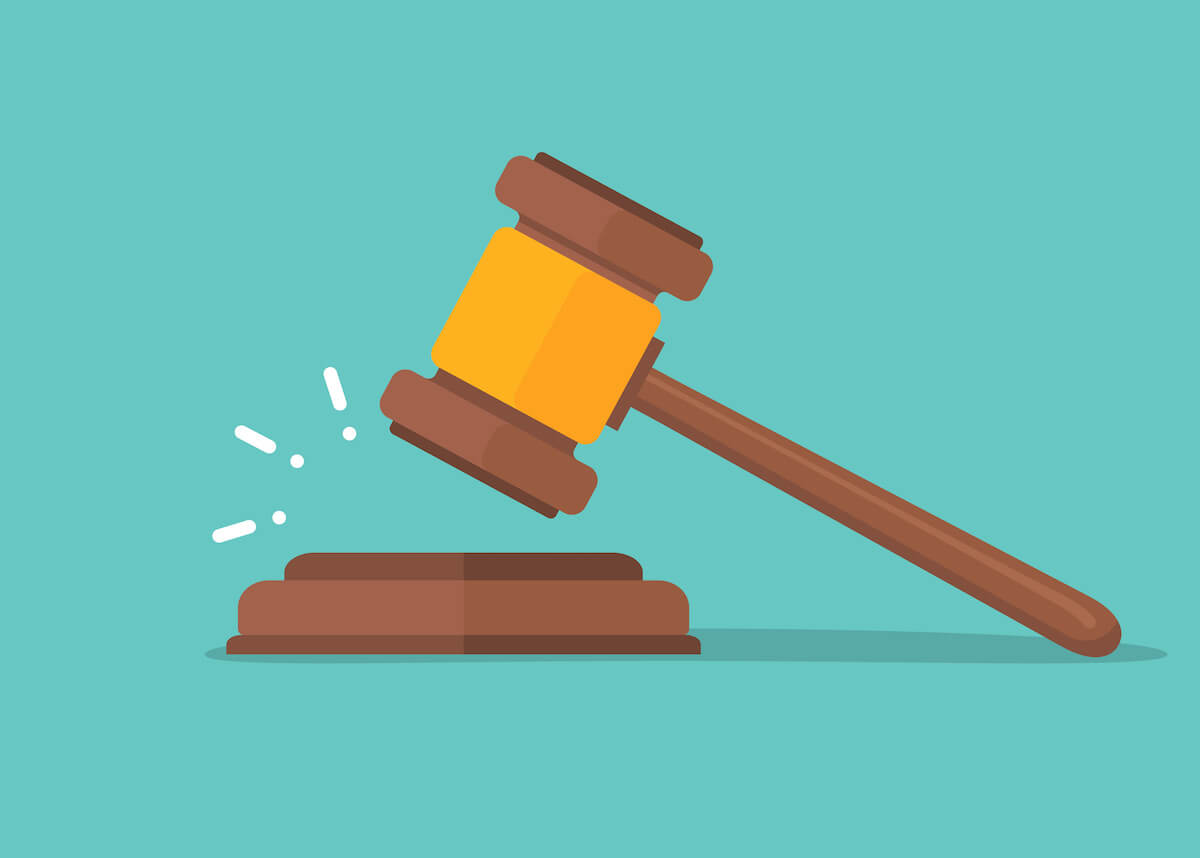
18th April 2022
Did you know that there are 170 pieces of different legislation you must adhere to as a landlord?
If you’d like to learn more about the laws and regulations that apply to you, read on.
Here at Concentric Sales and Lettings, we are dedicated to getting you the latest information on legislation updates as well as providing the guidance you need to be successful, safe and compliant as a landlord.
In this blog we’re going to discuss some of the most important pieces of legislation that you should be aware of as a landlord. This is by no means an exhaustive list but is intended as something of a primer to the laws governing our industry.
The Housing Act of 1988
In 1988, the Housing Act came into being and completely revolutionised the private rented industry in the UK. The new law gave greater opportunities to landlords and drove the private rented sector into an economic boom. For the first time, private landlords were able to secure possession of their property in a legally protected manner. Before 1988, this was simply not possible. It was also thanks to this law the Assured Shorthold Tenancy (AST) was born.
This is the same AST we all know and use for so many of our lettings. The Housing Act gave landlords 17 grounds for gaining possession of their property, giving unprecedented levels of opportunity for landlords to evict should the need arise. The law also made it possible for you to secure possession of your property without waiting after two successions of your property to family members.
Overall, the Housing Act of 1988 dramatically changed the letting world as we knew it. Not only did landlords receive easier access to evict tenants that were not paying their rent, but Section 21 was introduced. This law created a non-default notice that gave landlords the opportunity to serve notice on their tenants, giving them a fixed period of notice before they needed to give up possession of the property.
Laws To Keep You And Your Tenants Safe
The Housing Act is not the only piece of legislation governing the private rented sector, but it is one of the most important. Other important pieces of legislation include gas safety laws, deposit registration laws, smoke and carbon monoxide detector requirements, the Accommodations Agencies Act, the Consumer Protection Act of 1987; the list truly is endless. As we stated previously, there are over 170 pieces of legislation that you need to be aware of so that you remain in compliance.
Abiding by these rules and regulations also keeps you and your tenants safe. For example, Section 11 of the Landlords and Tenant Act of 1985 details your repairing obligations as a landlord. You may have also heard of HHSRS, which is a piece of legislation describing 29 different hazards that you need to be aware of and assess. The central purpose of these laws is to answer the question, is your property fit for human habitation?
The Homes (Fitness for Huan Habitation) act 2018 was passed into law in 2019 and was yet another important piece of legislation surrounding the safety and condition of your property.
Crucial Procedural Laws
These laws have impacted the way we, as landlords, do our job. For instance, the Housing Act of 2004 is a landlord law that created new rules regarding how we as landlords handle our tenant’s deposits. HMOs are a legally recognized entity with a whole body of laws that you need to be aware of if you are involved in one. The Immigration Act of 2016 is another very important law. Landlords, did you know that you have to check if your potential tenant has the right to rent in the UK before renting your property to them? The law requires that you be able to prove that you carried out these checks. Sections 47 and 48 of the Landlord and Tenant Act of 1985 are two pieces of landlord legislation that require you, as the landlord, to provide your address to your tenants. There are also Minimum Energy Efficiency Standards, abbreviated to MEES, that are in place. These require all of your properties currently rented to be operating at an “E” rating or above in order to be compliant.
How To Be Compliant As A Landlord
In order to be compliant with all legislation impacting landlords, the best thing to do is to know the laws. Take some time to do your research and get to know the laws in your community. We have only scratched the surface of the rules and regulations you have to abide by as a landlord. Additionally, certain properties will be impacted by specific, local rules that you’ll also have to be aware of.
Sometimes, it can seem like the list of pieces of legislation is endless, but we hope you’ve found this content informative and helpful. If you did, please check out more of our content here on our blog, and feel free to visit our social media channels. If you’d like to learn more, we host a quarterly online seminar that you can join to get the latest updates on the regulations and legislations that matter to you.